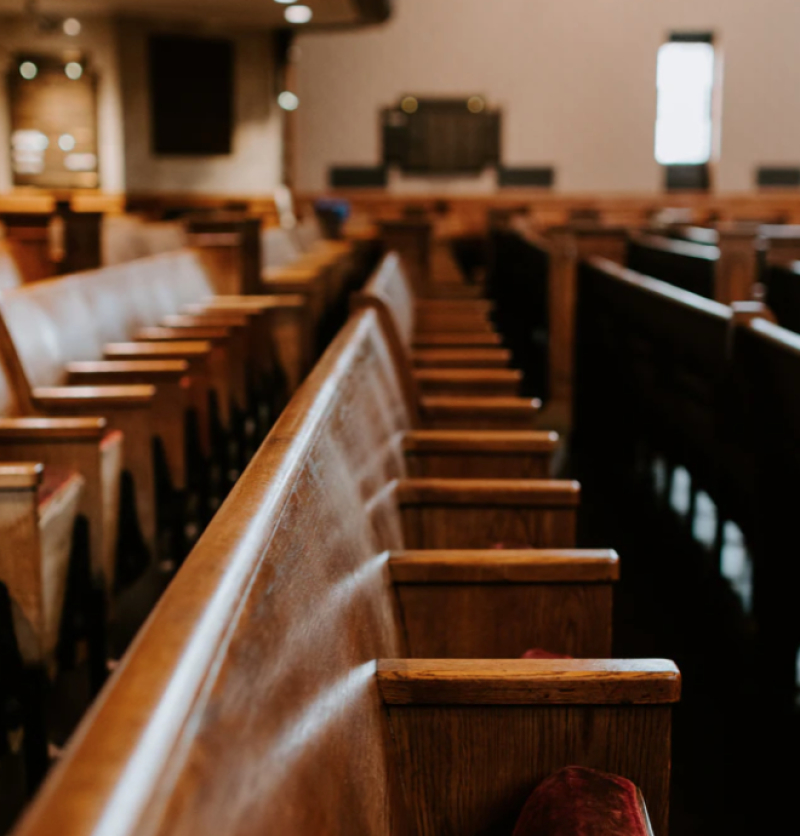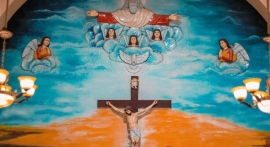
An appeals court in Nevada handed another victory to churches this Tuesday after ruling out that statewide restrictions that treat casinos and other businesses better this pandemic than houses of worship are likely "unconstitutional."
According to The Christian Headlines, the issue came from a May order made by Gov. Steve Sisolak from Nevada.
With Sisolak's order, churches and other houses of worship shall be limited to a 50 percent capacity or just 50 persons - whichever is less. The same 50 percent capacity also applies to casinos, restaurants and other retail businesses. However, the latter do not have any limited numerical attendance which has been set for the church.
The possible scenario: a church in Las Vegas, however big, can only accommodate 50 people to attend worship services while its neighboring establishments like casinos can have hundreds of patrons as long as it follows the 50 percent capacity order.
Sisolak has issued a new order since then. But almost similar to the first one, attendance restrictions are even tighter at just a 25 percent capacity for all places of business and houses of worship. Still, the maximum number that can attend church in Nevada must be 50 individuals.
Calvary Chapel Dayton Valley sued the governor in light of unconstitutional restrictions that burden religious expression saying that gathering together is "central to expression of faith in Jesus Christ."
The lawsuit was ruled out by a lower court. But on Tuesday, the U.S. Ninth Circuit Court of Appeals sided with Calvary Chapel and issued an injunction.
With the injunction, the state of Nevada is prevented to enforce any such restrictions on churches and other places of worship.
A three-judge panel made a unanimous decision to side with the lawsuit, pointing out an earlier decision by the U.S. Supreme Court in November when justices sided with churches and houses of worship in New York against its governor, Andrew Cuomo.
The Ninth Circuit calls the Supreme Court's decision as something that "arguably represented a seismic shift in Free Exercise law, and compels the result in this case."
One of the judges, Judge Milan D. Smith, Jr. wrote
"Just like the New York restrictions, the [Nevada] Directive treats numerous secular activities and entities significantly better than religious worship services,"
"Casinos, bowling alleys, retail businesses, restaurants, arcades, and other similar secular entities are limited to 50% of fire-code capacity, yet houses of worship are limited to fifty people regardless of their fire-code capacities."
In an argument, Smith said that the only way for worship restrictions in Nevada to be constitutional is to tie the maximum attendance that can be accommodate with the size of the building - a move that is similar to restrictions put on other businesses like casinos.
Smith wrote, "In other words, instead of a fifty-person cap, the Directive could have, for example, imposed a limitation of 50% of fire-code capacity on houses of worship, like the limitation it imposed on retail stores and restaurants, and like the limitation the Nevada Gaming Control Board imposed on casinos."
David Cortman, senior counsel of Alliance Defending Freedom, called this latest victory a "significant win."
"This is a significant win. There is no constitutional right to gamble, but there is one that protects attending worship services. The government has a duty to respect the First Amendment, so it can't single out churches for harsher treatment than secular activities."























